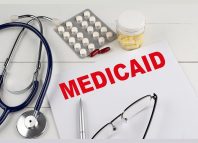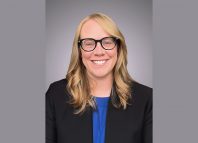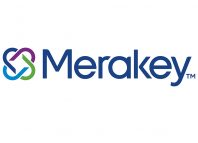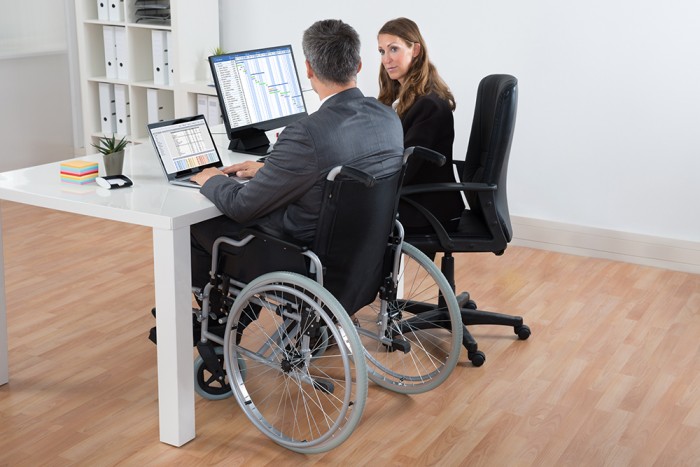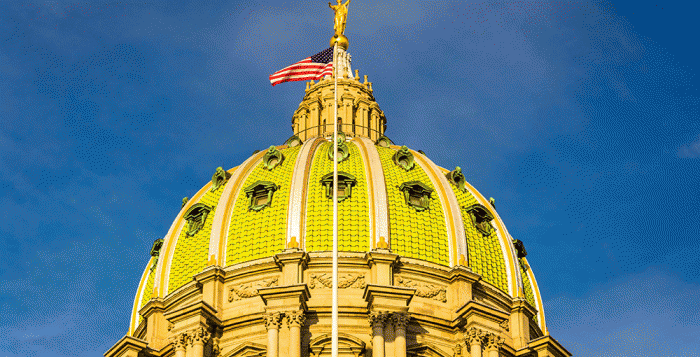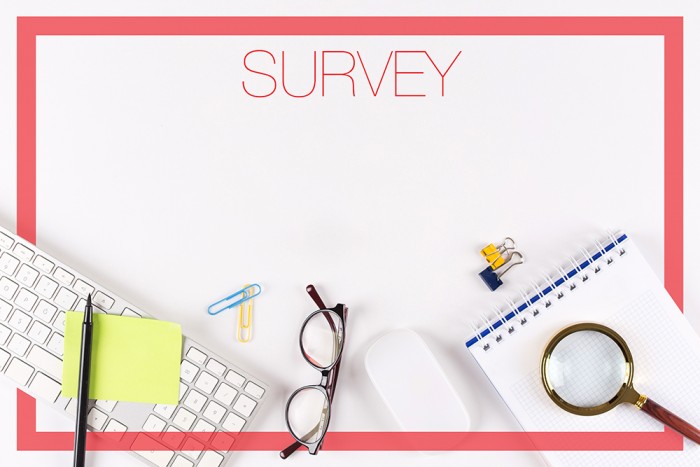The following announcement/reminder was issued and directed to Personal Care Homes (PCH), Assisted Living Residences (ALRs), and nursing facilities (NFs) by the Department of Human Services (DHS)/Office of Long-Term Living (OLTL):
This message is to serve as a reminder that the deadline to apply for American Rescue Plan Act (ARPA) payments is Friday, October 15, 2021. If you have not yet submitted your Facility Acceptance Form, please do so on or before October 15 using the highlighted directions below. The facility acceptance form may be found on the DHS Long-Term Care Providers page. PCH and ALR providers that already submitted a Facility Acceptance Form do not need to resend a form.
This message is to update and replace the Listserv email sent on August 31, 2021 with the subject “American Rescue Plan Act (ARPA) One-Time Payments – Notification, Instructions, and Timelines.”
The Office of Long-Term Living has published revised lists of qualifying entities and payment amounts for personal care home (PCH) and assisted living residence (ALR) ARPA payments. The revised lists are available as of September 9, 2021, on the DHS Long-Term Care Providers page under the heading ‘American Rescue Plan Act (ARPA) Funding.’ Revisions include the addition of providers omitted from the original published list and corrected payment amounts for providers that experienced a change of ownership or a name change between April 1, 2020 and June 1, 2021. These revisions resulted in adjustments to payment amounts for all qualifying PCH and ALR providers.
PCH and ALR providers that already submitted a Facility Acceptance Form do not need to resend a form.
American Rescue Plan Act (ARPA) One-Time Payments – Notification, Instructions, and Timelines
Governor Wolf signed Act 24 of 2021, which allocates $282 million of federal funding from the American Rescue Plan Act (ARPA) for payments to nursing facilities (NF), personal care homes (PCH), and assisted living residences (ALR). To qualify for the one-time payment, a facility must be in operation as of June 1, 2021.
These one-time ARPA funds must be used for COVID-19 related costs not otherwise reimbursed by federal, state, or other sources of funding. The Office of Long-Term Living (OLTL) sent a letter dated August 30, 2021, with details about the payments, including information about the approved use of and reporting on these funds. For reference, a sample of the letter, a list of qualifying entities and payment amounts, and a copy of the Facility Acceptance Form are available on the DHS Long-Term Care Providers page under the heading ‘American Rescue Plan Act (ARPA) Funding.’
Nursing Facility Payments
- ARPA NF Payment #1 – Medical Assistance (MA) Days
- The total funds available for a one-time payment to Non-Public and County NFs pursuant to Act 24 (ARPA NF Payment #1) is $198,000,000. Each facility’s ARPA NF Payment #1 is calculated by dividing the facility’s MA days, as reported for the NF Assessment for the third quarter of calendar year 2019, by 4,976,570, the revised total 2019 MA days for all facilities, as reported for the NF Assessment for the third quarter of calendar year 2019, to obtain an NF specific quotient. Each NF’s quotient is multiplied by $198,000,000 to determine its payment amount.
- ARPA NF Payment #2 – Licensed NF Beds
- The total funds available for a one-time payment to Non-Public and County NFs pursuant to Act 24 (ARPA NF Payment #2) is $49,000,000. Each facility’s ARPA NF Payment #2 is calculated by dividing the facility’s licensed NF beds as of March 31, 2020 by all licensed Non-Public and County NF beds as of March 31, 2020 to obtain an NF specific quotient. Each NF’s quotient is multiplied by $49,000,000 to determine its payment amount.
NFs enrolled in MA do not need to submit requests for funding. All NFs enrolled in MA will receive the funding, provided they meet the criteria described above. OLTL will distribute the funding as a one-time gross adjustment. NFs enrolled in MA can expect to see the payment appear as a gross adjustment transaction/lump sum payment on the PROMISe remittance advice dated September 6, 2021, with payment occurring September 15, 2021.
NFs not enrolled in MA must complete the Facility Acceptance Form and return it by October 15, 2021, to DHS. Providers may also fax the completed form to the OLTL Bureau of Finance at 717-787-2145. Checks will be issued and mailed in the order in which DHS receives Facility Acceptance Forms.
PCH/ALR Payments
- ARPA PCH/ALR Payment #1 – Licensed Occupancy
- The total funds available for a one-time ARPA payment to PCHs and ALRs pursuant to Act 24 (ARPA PCH/ALR Payment #1) is $27,000,000. Each PCH/ALR Payment #1 is calculated by dividing the licensed occupancy of the PCH or ALR, as determined by the most recent DHS inspection on or before April 1, 2020, by the total licensed occupancy of all PCHs and ALRs, including those with a special care designation, as determined by the most recent DHS inspection on or before April 1, 2020, to obtain a facility-specific quotient for each PCH and ALR. Each facility’s quotient is multiplied by $27,000,000 to determine its payment amount.
- ARPA PCH/ALR Payment #2 – Supplemental Security Income (SSI) Residents Served
- The total funds available for a one-time ARPA payment to PCHs and ALRs pursuant to Act 24 (ARPA PCH/ALR Payment #2) is $3,000,000. Each ARPA PCH/ALR Payment #2 is calculated by dividing the number of individuals for whom the PCH/ALR received a state SSI payment from DHS in March 2020 by the total of all PCH’s/ALR’s individuals for whom a state SSI payment was made in March 2020 to obtain a facility-specific quotient. Each PCH’s/ALR’s quotient is multiplied by $3,000,000 to determine its payment amount.
PCHs and ALRs must complete the Facility Acceptance Form and return it by October 15, 2021, to DHS. Providers may also fax the completed form to the OLTL Bureau of Finance at 717-787-2145. Checks will be issued and mailed in the order in which DHS receives the Facility Acceptance Forms.
Act 24 of 2021 requires the ARPA funding to be obligated by December 31, 2024, and spent by December 31, 2026, or returned to the commonwealth. Additionally, these funds must be used for COVID-19 related expenses. Providers must keep documentation to prove that these funds were used for their response to the COVID-19 pandemic in case of an audit. Any person or entity accepting an ARPA payment agrees to provide documentation to DHS, upon request, for purposes of determining compliance with Act 24 requirements. Instructions on expenditure reporting will be provided at a later date.
DHS recommends that providers consult their accountants or attorneys for further clarification on acceptable uses of ARPA funding. DHS encourages providers to review guidance for eligible expenditures on the U.S. Department of the Treasury website in their Compliance and Reporting Guidance.
NFs that have questions about the information in this Listserv should contact the OLTL Provider Helpline at 800-932-0939.
PCHs and ALRs that have questions about the information in this Listserv should contact the Operator Support Hotline at 866-503-3926 or via email.




